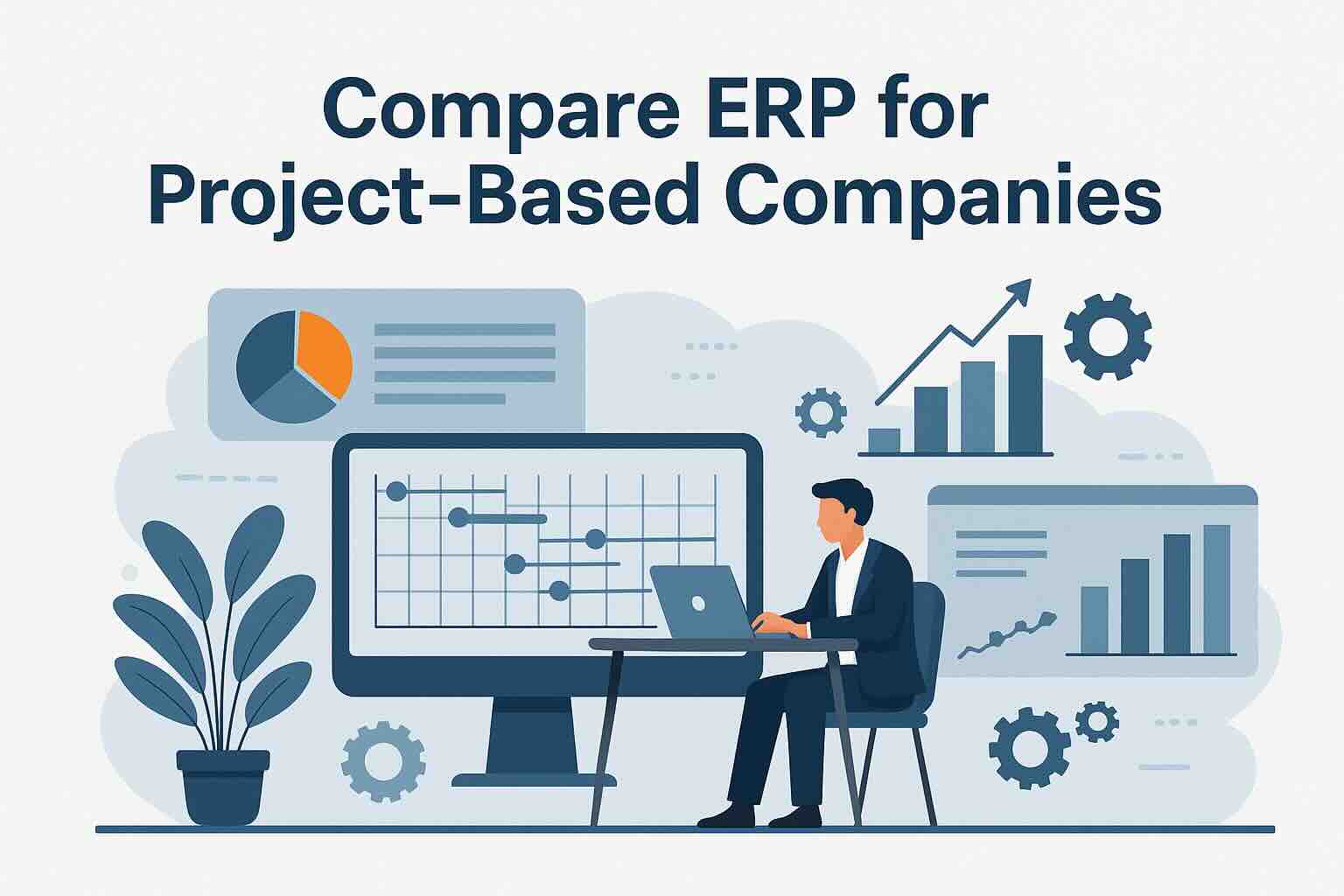Is IFS a Good ERP for Telecommunications?

In the dynamic and complex telecommunications industry, having a robust and flexible Enterprise Resource Planning (ERP) system is crucial for managing operations, enhancing customer service, and driving innovation. IFS, known for its comprehensive ERP solutions, is a strong contender in this space. But is IFS a good ERP for telecommunications? This blog explores the features, benefits, and potential drawbacks of IFS to help you determine if it’s the right fit for your telecommunications business.
Understanding the Needs of Telecommunications Businesses
Telecommunications companies face unique challenges and requirements that demand specialized ERP solutions. Key needs include:
- Network Management: Efficiently managing extensive networks, including infrastructure maintenance and upgrades.
- Customer Relationship Management (CRM): Handling large volumes of customer interactions and ensuring high levels of customer satisfaction.
- Project Management: Overseeing complex projects, such as network expansions and new service rollouts.
- Regulatory Compliance: Ensuring compliance with various national and international regulations.
- Scalability: Supporting rapid growth and adapting to new technologies and market demands.
Key Features of IFS for Telecommunications
IFS offers a suite of features that cater specifically to the needs of the telecommunications industry. Here are some key features that make IFS a strong choice:
- Comprehensive Asset Management: IFS excels in asset management, which is crucial for telecommunications companies that need to maintain vast networks of physical and digital assets. This includes tools for asset tracking, maintenance scheduling, and lifecycle management.
- Project Management: IFS provides robust project management capabilities that help telecom companies plan, execute, and monitor complex projects. This includes functionalities for project budgeting, resource allocation, and timeline tracking.
- Customer Relationship Management (CRM): IFS offers integrated CRM features that help telecom companies manage customer interactions, track service issues, and ensure high levels of customer satisfaction. This integration is vital for maintaining a positive customer experience.
- Regulatory Compliance: IFS includes features to help telecommunications companies comply with industry regulations. This includes tools for managing compliance documentation, tracking regulatory changes, and ensuring adherence to standards.
- Scalability and Flexibility: Designed to support growing businesses, IFS is scalable and can adapt to the changing needs of the telecommunications industry. Its flexible architecture allows for easy integration with other systems and technologies.
- Real-Time Analytics and Reporting: IFS offers advanced analytics and reporting tools that provide real-time insights into business operations. This enables telecom companies to make data-driven decisions, optimize processes, and improve overall performance.
Benefits of Using IFS for Telecommunications
Telecommunications companies that adopt IFS can experience several benefits:
- Improved Efficiency: By automating and streamlining processes, IFS helps telecom companies improve operational efficiency, reduce downtime, and enhance service delivery.
- Enhanced Customer Service: Integrated CRM and real-time analytics allow telecom companies to respond more quickly to customer needs and issues, improving overall customer satisfaction.
- Better Project Management: Robust project management tools enable telecom companies to execute projects more effectively, ensuring they are completed on time and within budget.
- Regulatory Compliance: IFS’s compliance management tools help telecom companies navigate complex regulatory environments, reducing the risk of non-compliance and potential fines.
- Scalability and Adaptability: IFS’s scalable architecture ensures that telecom companies can grow and adapt their ERP system as their business evolves and new technologies emerge.
Potential Drawbacks
While IFS offers numerous benefits, it’s essential to consider potential drawbacks:
- Implementation Complexity: Implementing IFS can be complex and time-consuming, particularly for large telecommunications companies with intricate processes and systems.
- Cost: IFS is a premium ERP solution, and the cost of implementation and ongoing maintenance may be a consideration for some businesses. However, the return on investment (ROI) in terms of efficiency and improved service delivery can justify the expense.
- Learning Curve: As with any comprehensive ERP system, there can be a steep learning curve. Employees may require training to fully leverage the features and capabilities of IFS.
Conclusion
So, is IFS a good ERP for telecommunications? The answer is a resounding yes for many companies in this sector. Its robust asset management, project management, CRM, and compliance features make it a powerful tool for addressing the unique challenges of the telecommunications industry. While there are considerations such as implementation complexity and cost, the benefits in terms of improved efficiency, customer service, and scalability can provide significant advantages.
By carefully assessing your business needs and weighing the potential benefits against the drawbacks, you can determine if IFS is the right ERP solution for your telecommunications company. With its comprehensive features and industry-specific capabilities, IFS can help telecommunications companies enhance their operations, stay competitive, and achieve long-term success.









